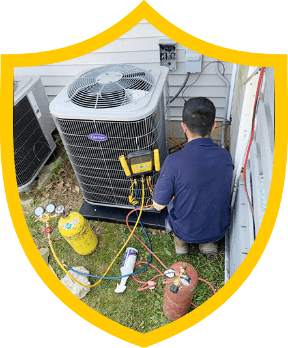If you are in Radcliff, KY, you’re in luck, as this city has numerous offering reliable indoor air quality services. You may need regular IAQ testing to ensure the indoor air in your home is safe for you and your loved ones. Experts suggest doing this at least every five years, but this might vary depending on location and other activities within your area.
Though not always, poor indoor quality may cause nausea, dizziness, fatigue, dry throat, and sinus congestion. While it’s not obvious that these complications result from poor air within your home, you should consider hiring an expert if they persist.
Indoor air quality testing takes little time and effort. Thus, you can invite the experts over the weekend or holidays when you have a few hours to spare. They’ll use their knowledge to complete the process and suggest accurate solutions if they find any issues.



